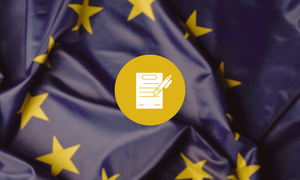
CJEU C-169/23 Masdi 28 Nov 2024
members
–
4 min read
The Art. 14(5)(c) derogation applies to *all* data not collected from the data subject, including self-generated. DPAs can, as per Art. 14(5)(c), verify if national law has measures to protect data subjects' legitimate interests, but this doesn’t include assessing Art. 32 security measures.









